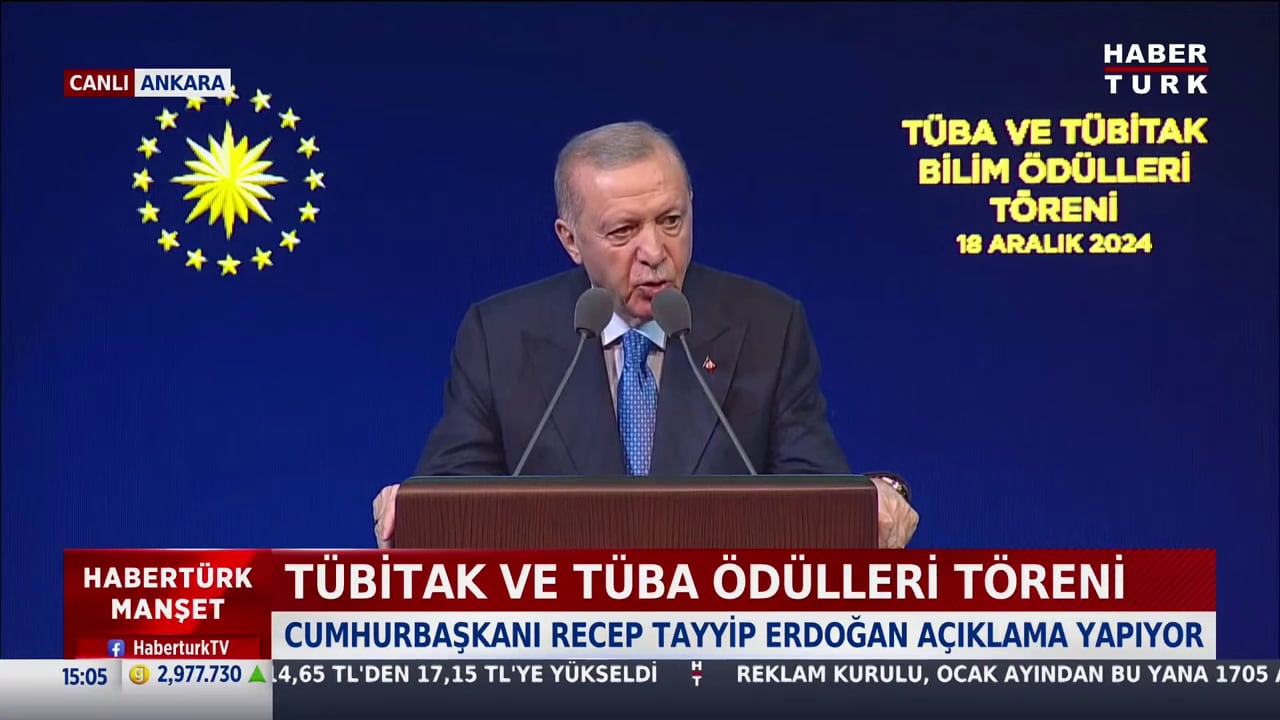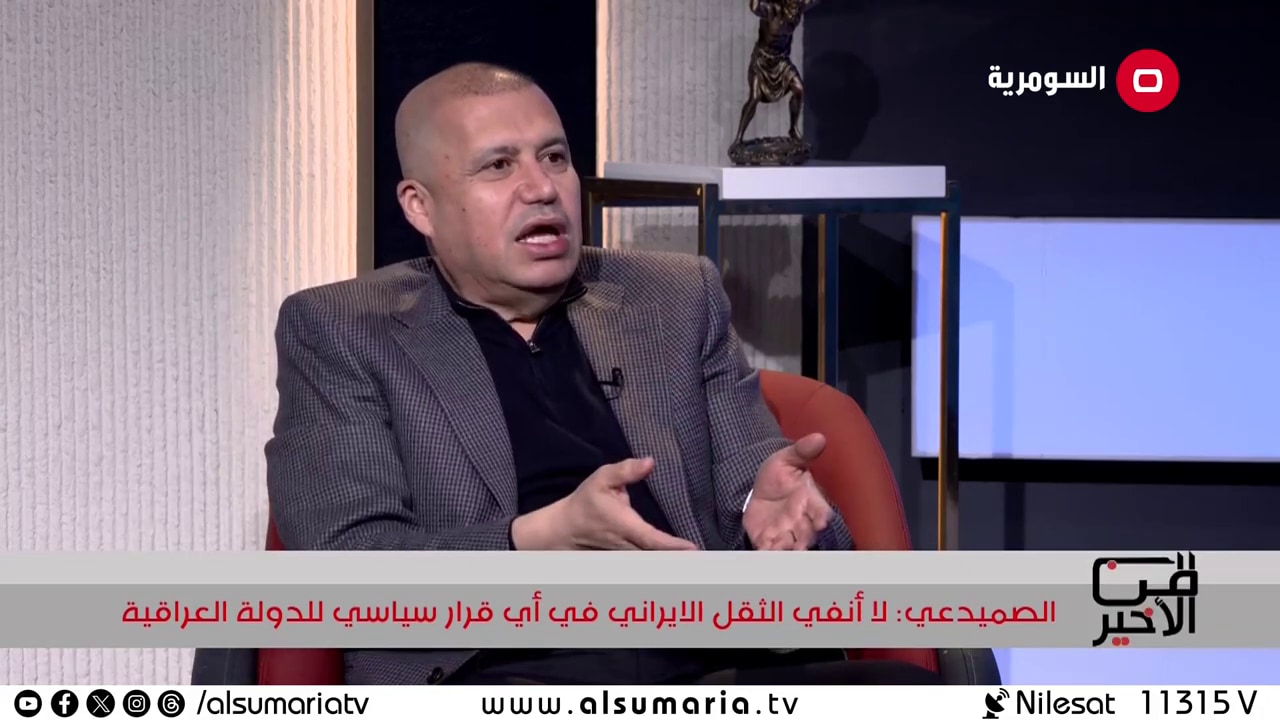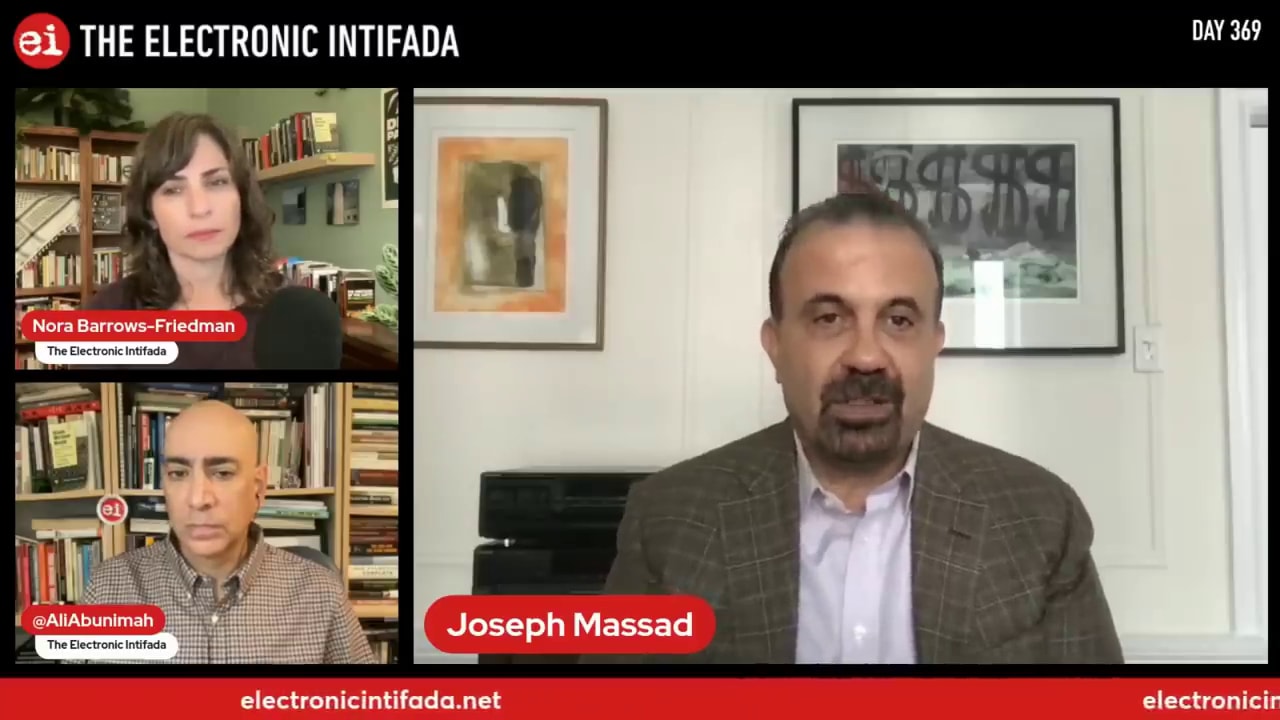
Tang Hong, a Chinese expert for Middle Eastern affairs, said in a September 3, 2020 interview on CGTN Arabic TV (China) that tensions are increasing between China and the United States because some American politicians still hold on to a Cold War ideology and believe that America can be the only superpower in the world. He said that that U.S. and China can either cooperate or engage in competition that may involve armed conflict, and he criticized the U.S. for choosing the "wrong" path. Hong said that today's China is not the China of the past, that it has a clear position regarding how it would respond to any military provocations and that it does not fear escalation.
Tang Hong: In my view, the main reason for the escalating tensions between [the U.S. and China] is that some American politicians hold on to the ideology of the Cold War. They delude themselves that they can maintain the status of being the single superpower in the world. They believe that competition is the only way to resolve this problem and to preserve their status as the world's only superpower. But the truth is that they were wrong in thinking this.
"Currently, the American and Chinese people are faced with two options. One option is to strengthen international cooperation so both sides win. The other option is competition, and maybe even armed clashes, that could help them protect their status as the sole superpower. But I think that they have chosen the wrong path, because they did not realize the historical fact that hope for any people lies in peace and that no people likes the tragedy of war.
"In addition, the Chinese people waged a fierce war against the Japanese invaders. The Chinese sacrificed their blood, their lives, and their sons, but eventually they achieved victory in that war. The Chinese presented the first example of a weak country beating a strong country. So the American politicians should understand that the China of today is not the China of the past.
"When faced with those military provocations, our position is clear. First of all, we oppose those provocations, and secondly, we do not fear their escalation."














